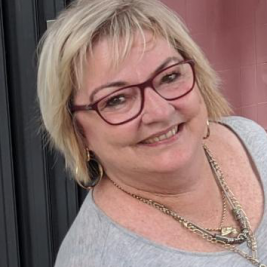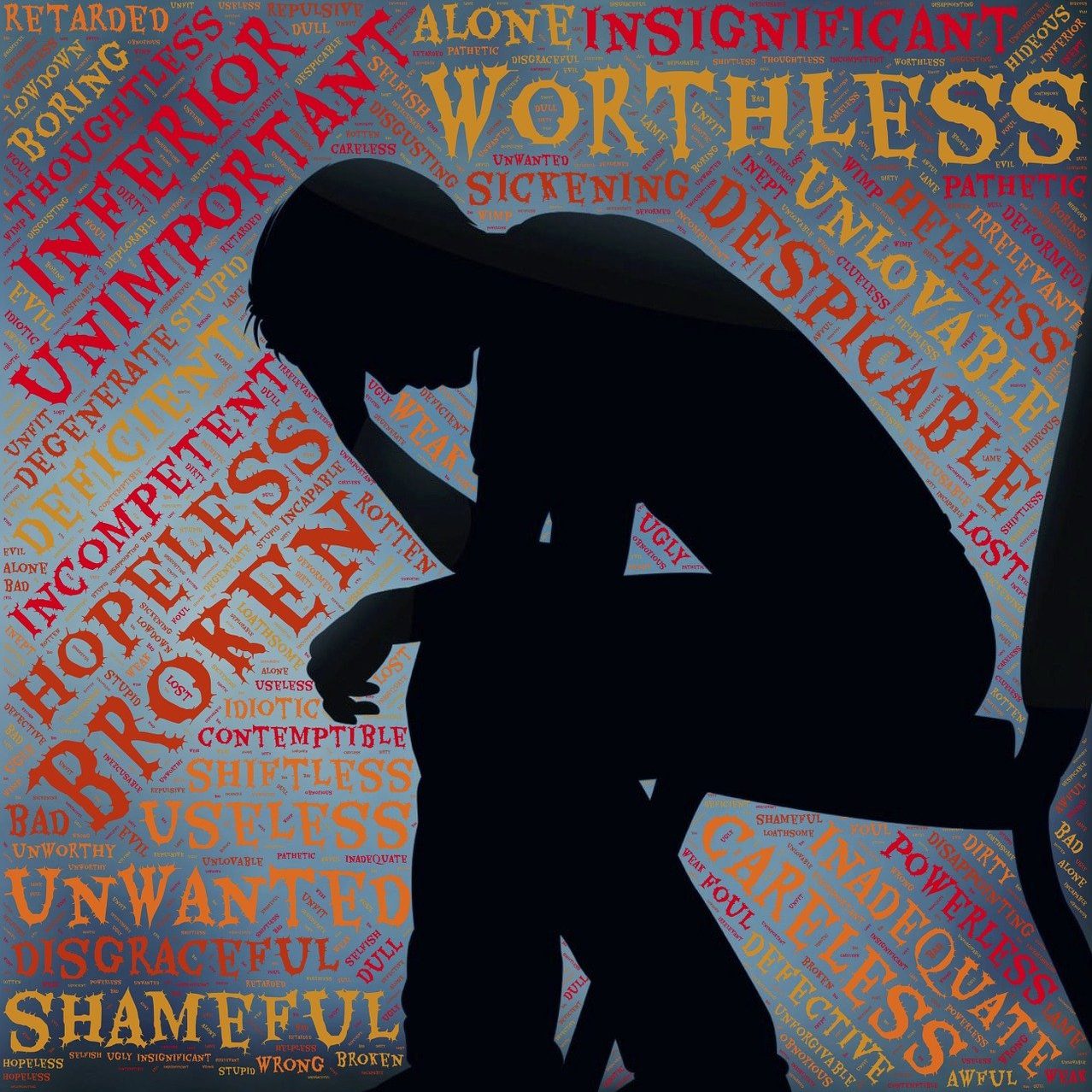OCD or Obsessive Compulsive Disorder is an anxiety disorder characterised by obsessive or repetitive behavioural and mental compulsions. To date, the causes of OCD are not fully understood. Research indicates there are a variety of psychological and biological factors that may be involved in causing obsessive compulsive syndromes but that these vary from person to person.
Generally, it is understood that OCD is caused by chemical, structural and functional abnormalities in the brain that may be affected by stressful life events, hormonal changes and personality traits in individuals.
A person who suffers from OCD may display a variety of symptoms. Common obsessions include;
- fear of germs or people
- intrusive sexual thoughts
- fixation with symmetry
- or intense, irrational phobias
A few common compulsions include washing, cleaning, hoarding, counting, or any other repeated routine activity or action.
OCD symptoms can be alienating and time-consuming, causing severe emotional and financial distress that can significantly impact upon an individual’s quality of life.
Obsessive Compulsive Disorder affects not only the sufferer, but their friends and family as well. In particular, OCD can put a strain on a person’s relationship with their partner. An OCD sufferer may expect their partner to comply with their compulsions – insisting they wash their hands or preform some other action repeatedly. Partners may not understand these compulsions and often find it frustrating to comply with OCD demands. Noncompliance may cause anxiety in the OCD person, who may then act out in desperation.
Most people with OCD are aware that their behaviours are irrational but find the obsessions uncontrollable and the compulsions difficult to control. Counselling is often the best option for OCD sufferers and their partners. Professional counselling can help people with OCD manage their compulsions as well as improve the communication with their partners.
Currently, the most effective treatments are cognitive behaviour therapy (CBT), community support and recovery programs. A combination of treatments under the guidance of a skilled and experienced psychologist is likely to produce the best outcome.
AusPsychology offers professional counselling services to residents in Brisbane and the surrounding areas. Their experienced counsellors can help you manage your OCD and work towards better relationships with your partner.
If you would like to talk to someone about counselling for OCD, contact the professional counsellors at AusPsychology today.

Annette Wright
How We Can Help
We offer a comfortable, therapeutic experience so you feel safe and secure when reaching out for help.
Anxiety
Anxiety and panic attacks can be very debilitating. There are a number of types of anxiety disorders and our trained psychologists can help in overcoming them.
Work Stress
Workplace situations can add to an individual’s personal stress levels. We can offer interventions and methodologies to assist in dealing with these stressors.
Relationships
Successful healthy relationships take work and can be difficult to succeed with. Our counsellors can offer guidance and assistance in helping you and your partner get there.
Depression
A very common problem which ranges from mild depression to clinical depression of which there are a number of types. Along with counselling – relaxation, positive thinking, diet and exercise can also help.
Self Esteem
Problems with how satisfied we are of ourselves can be changed. Individuals can do this but sometimes the help of a professional is needed, especially if low self worth is the result of other problems such as depression or anxiety.
AusPsychology
Our caring and highly qualified professionals in Brisbane are university trained, registered with the psychologists board and members of the Australian Psychological Society. They have extensive knowledge, skills, and experience in understanding people and their behaviour.
Get In Touch
07 3367 0333
Find Us
Milton Village Medical
Level 1/36 Baroona Road
Milton QLD 4066




